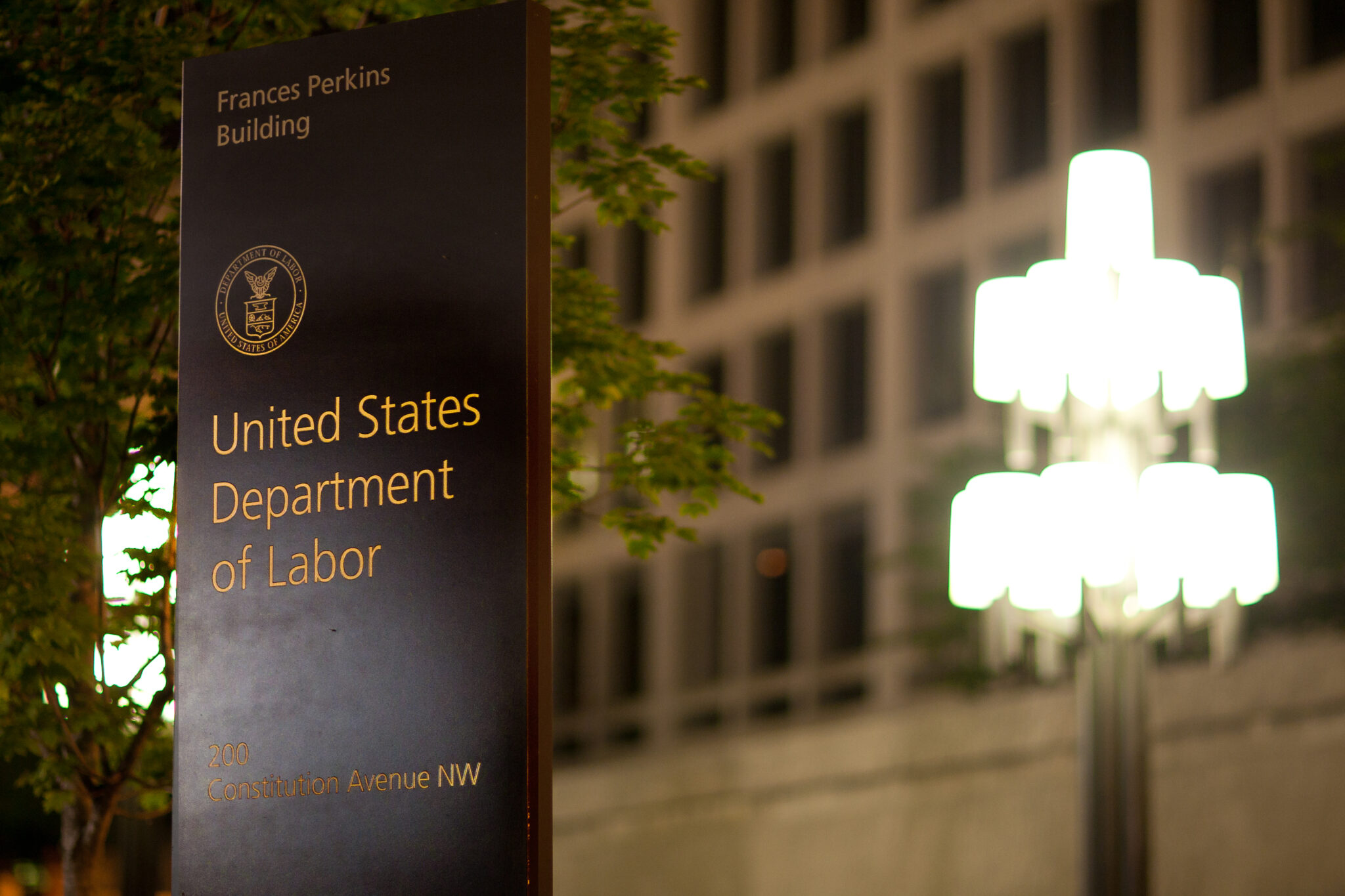Anjali Katta is a student at Harvard Law School.
In today’s news and commentary, the DOL proposes new wage and hour rules, Ford warns of EV battery manufacturing trouble, and California reaches an agreement to delay an in-person work mandate for state employees.
The Trump Administration’s Department of Labor has advanced a series of proposals to update federal wage and hour rules. First, the DOL appears to be proposing changes to child labor laws including limitations on working hours and the types of work children can engage in. Under the current rule, for example, minors have restricted work hours, particularly during the school year and are unable to work in hazardous occupations, such as mining. Second, the DOL is proposing to reconsider the application of the Fair Labor Standards Act to domestic service. Finally, the DOL is proposing a rescission of the ‘Dual Jobs’ provision, a rule that explains when a tip-earning employee’s non-tipped job duties are not considered part of the ‘tipped’ occupation and instead must be paid full minimum wage. Details of these proposals will become clearer pending review.
Ford Motor Company, which has invested heavily in EV and EV battery manufacturing over the last few years, has intensified its campaign to save EV manufacturing subsidies and tax credits that are in peril under President Trump’s proposed budget bill. EV manufacturers like Ford, have sought to benefit from the Inflation Reduction Act’s production tax credit known as 45X. The credit allows eligible clean energy manufacturers to gain either cash payments or a transferrable tax credit based on the volume of clean energy components produced. Representatives from Ford expressed concern that without these credits, the company may not be able to create the anticipated number of manufacturing jobs at facilities still under construction, such as a $3 billion EV-battery plant in Detroit. However, even without these credits, Ford still plans on opening and operating the plant after construction is completed.
The State of California has reached an agreement with a union representing the state’s public engineers to delay the governor’s return-to-office mandate until July 2026. The mandate, put forth by Governor Newsom in early March, requires public employees to work in person for four days a week, mirroring President Trump’s directive to require in-person work for federal employees. The Professional Engineers in California Government, the union representing over 10,000 public engineers working for the state, said that it will be dropping its lawsuit and challenges before the California Public Employment Relations Board. Other unions, including SEIU Local 1000, have also challenged the mandate.






Daily News & Commentary
Start your day with our roundup of the latest labor developments. See all
March 3
In today’s news and commentary, Texas dismantles their contracting program for minorities, NextEra settles an ERISA lawsuit, and Chipotle beats an age discrimination suit. Texas Acting Comptroller Kelly Hancock is being sued in state court for allegedly unlawfully dismantling the Historically Underutilized Business (HUB) program, a 1990s initiative signed by former Governor George W. Bush […]
March 2
Block lays off over 4,000 workers; H-1B fee data is revealed.
March 1
The NLRB officially rescinds the Biden-era standard for determining joint-employer status; the DOL proposes a rule that would rescind the Biden-era standard for determining independent contractor status; and Walmart pays $100 million for deceiving delivery drivers regarding wages and tips.
February 27
The Ninth Circuit allows Trump to dismantle certain government unions based on national security concerns; and the DOL set to focus enforcement on firms with “outsized market power.”
February 26
Workplace AI regulations proposed in Michigan; en banc D.C. Circuit hears oral argument in CFPB case; white police officers sue Philadelphia over DEI policy.
February 25
OSHA workplace inspections significantly drop in 2025; the Court denies a petition for certiorari to review a Minnesota law banning mandatory anti-union meetings at work; and the Court declines two petitions to determine whether Air Force service members should receive backpay as a result of religious challenges to the now-revoked COVID-19 vaccine mandate.